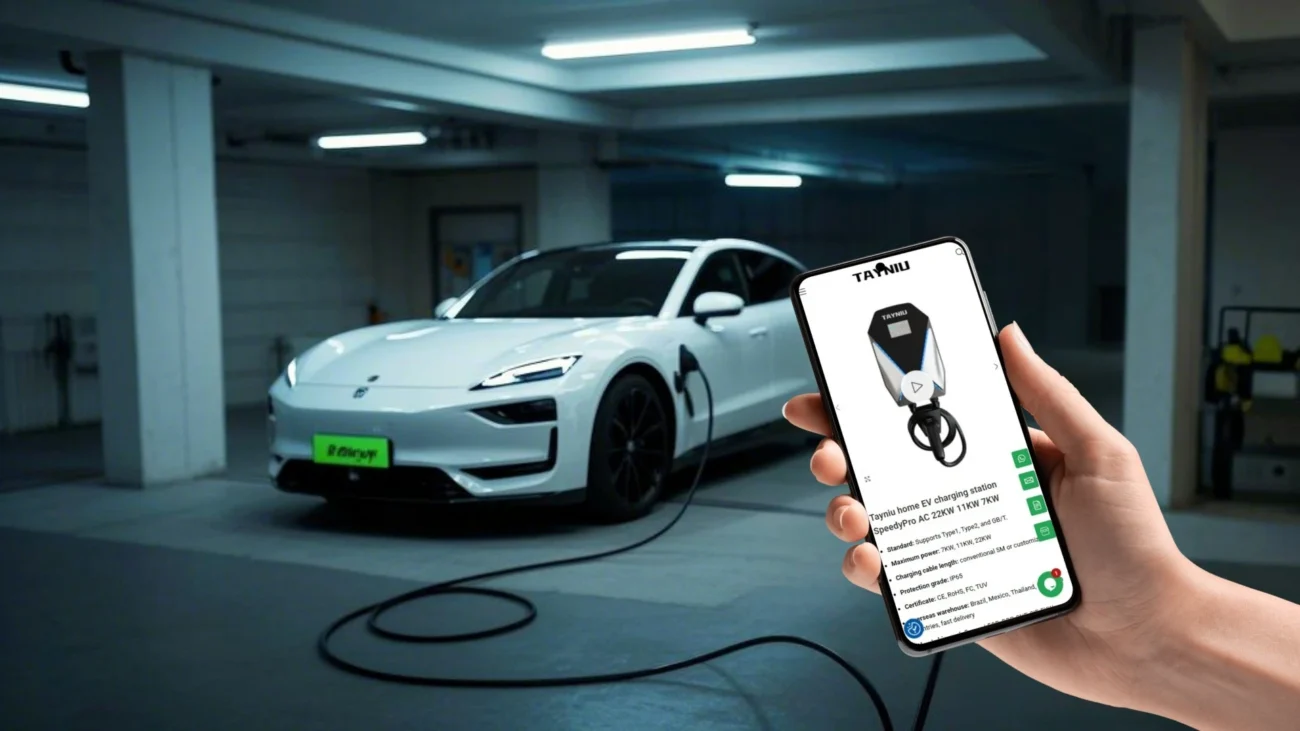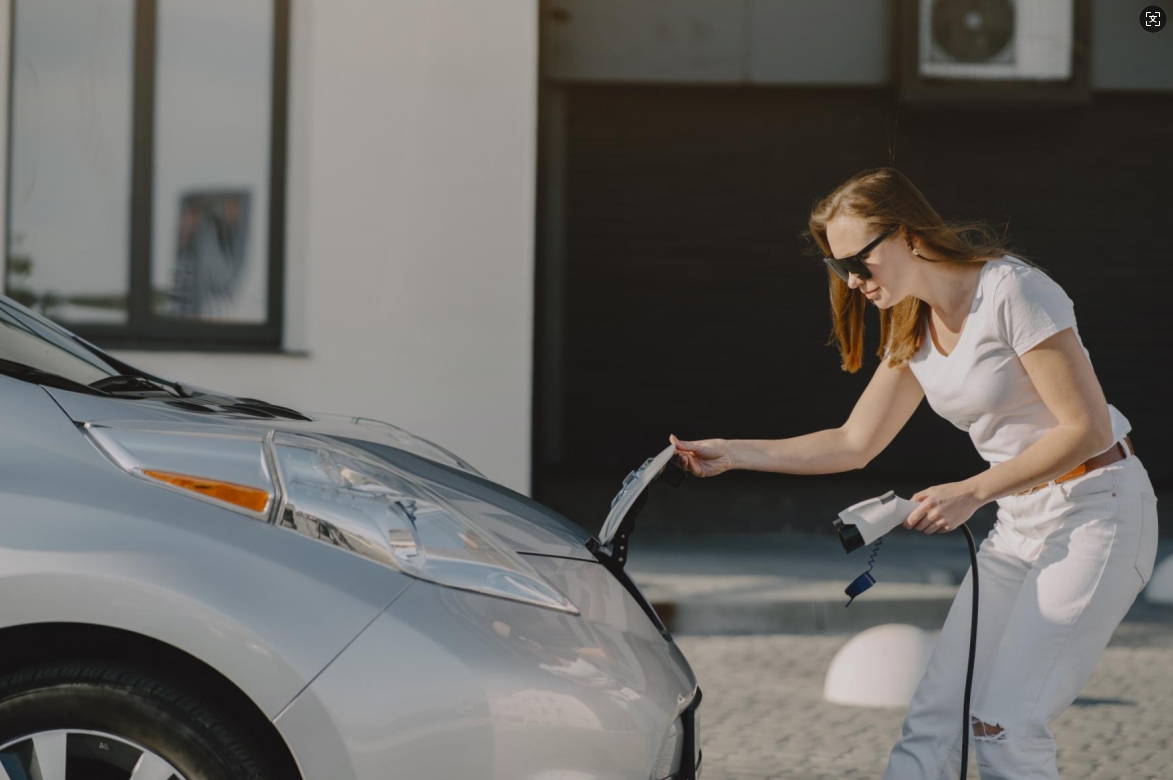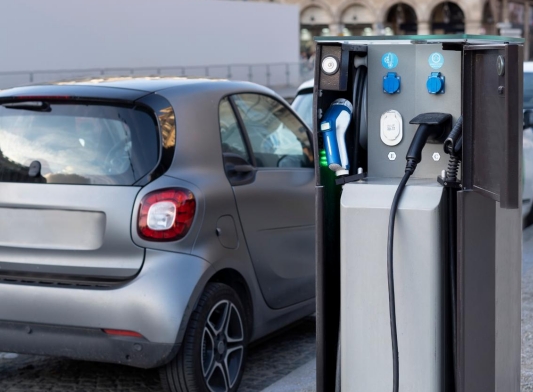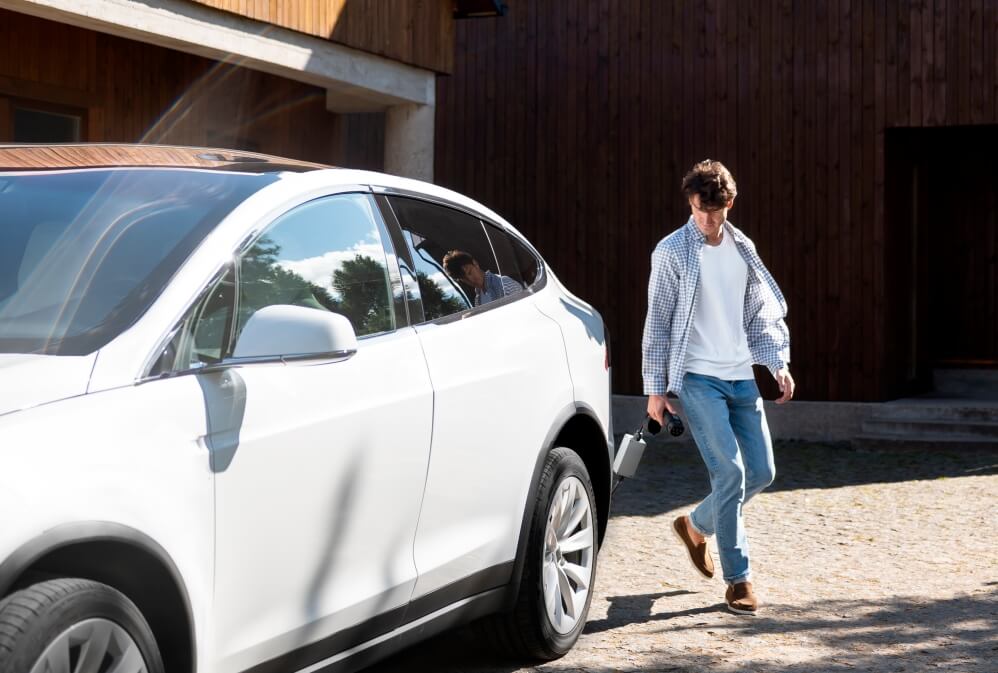From Startup to Success: Finding the Best EV Charger Factory for Your Business
The global transition to electric vehicles (EVs) is accelerating, and a critical component of this shift is the EV charger—the device that powers EVs just like gas stations fuel traditional cars. As demand for EVs grows, so does the need for efficient, high-speed charging infrastructure. This is where EV charger factories come into play, serving as the production hubs that will keep the world moving toward a cleaner future.
What Is an EV Charger?
An EV charger (or electric vehicle supply equipment, EVSE) is a device that delivers electrical energy to recharge an electric vehicle’s battery. Chargers come in different types and power levels:
- Level 1 (Slow Charging) – Uses a standard household outlet (120V), adding about 4-5 miles of range per hour.
- Level 2 (Fast Charging) – Requires a 240V outlet (like those for dryers) and provides 20-60 miles of range per hour. Common in homes, workplaces, and public stations.
- DC Fast Charging (Ultra-Fast) – Delivers 60-100+ miles of range in just 20 minutes, ideal for highways and commercial use.
Smart chargers also offer features like remote monitoring, load balancing, and integration with renewable energy sources.
How to choose a suitable EV charger factory?
Starting an EV charger business is a great opportunity, given the rapid growth of the electric vehicle market. Choosing the right EV charger factory is crucial for product quality, reliability, and long-term success. Here's a step-by-step guide to help you make the right decision:
1. Determine Your Business Model
-Reselling/Branding: Buy ready-made chargers and sell under your brand (OEM/ODM).
-Custom Manufacturing: Work with a factory to develop unique features (ODM).
-Distribution: Partner with an established brand as a distributor.
-Charging Network Operator: Build your own charging stations (requires software integration).

2. Key Factors in Choosing an EV Charger Factory
A. Certification & Compliance
- Ensure the factory has international certifications:
-CE, UL, TUV, RoHS (for EU/US markets)
-CCC (for China)
-ISO 9001 (Quality Management)
- Compliance withOCPP (Open Charge Point Protocol) for smart charging.
B. Product Range & Technology
-Types of Chargers:
-AC Chargers (Level 2) – For homes, workplaces, and public stations.
-DC Fast Chargers – For commercial and highway charging.
-Smart Features: App control, RFID, load balancing, OCPP compliance.
-Scalability: Can the factory support future upgrades?
C. Manufacturing Capability & Quality Control
-Production Capacity: Can they handle bulk orders?
-Quality Testing: Do they conductaging tests, waterproof tests, safety checks?
-Component Sourcing: Reliable suppliers for key parts (e.g., connectors, PCBs).
D. Pricing & MOQ (Minimum Order Quantity)
- Compare prices from multiple factories.
- Some factories offerlow MOQ for startups (e.g., 50–100 units).
- Beware of extremely cheap options—compromised quality can hurt your brand.
E. Customization & Branding (OEM/ODM)
- Can they providecustom branding, packaging, and software?
- Do they offerwhite-label solutions?
F. After-Sales Support & Warranty
-Warranty period (typically 1–3 years).
-Technical support & spare parts availability.
-Return & replacement policy.
G. Logistics & Shipping
- Do they handleexport documentation, shipping, and customs clearance?
-Lead time (typically 15–30 days for stock, longer for custom orders).
3. How to Find Reliable EV Charger Factories
-Alibaba, Made-in-China, Global Sources – Check supplier ratings & reviews.
-Trade Shows (e.g., CES, EVS, Canton Fair).
-Industry Referrals – Ask other EV businesses for recommendations.
-Factory Audits – Visit in person or hire a third-party inspection service.
4. Red Flags to Avoid
- No certifications or fake certifications.
- Unrealistically low prices (indicates poor quality).
- No after-sales support.
- Poor communication & slow response times.
5. Next Steps
-Request samples to test quality.
-Negotiate terms (payment, warranty, shipping).
-Start with a small order before committing to large volumes.
Top EV Charger Manufacturing Hubs
-China (Shenzhen, Shanghai, Zhejiang – largest production base) (For example, Tayniu EV Charger)
-Europe (Germany, Netherlands)
-USA (Tesla, ChargePoint, etc.)
Not sure what to do when choosing a cutting-edge ev charger supplier? Just leave a message on our website. We will offer comprehensive quotes and guides for you.
Last Updated on April 8, 2025 by tayniu



